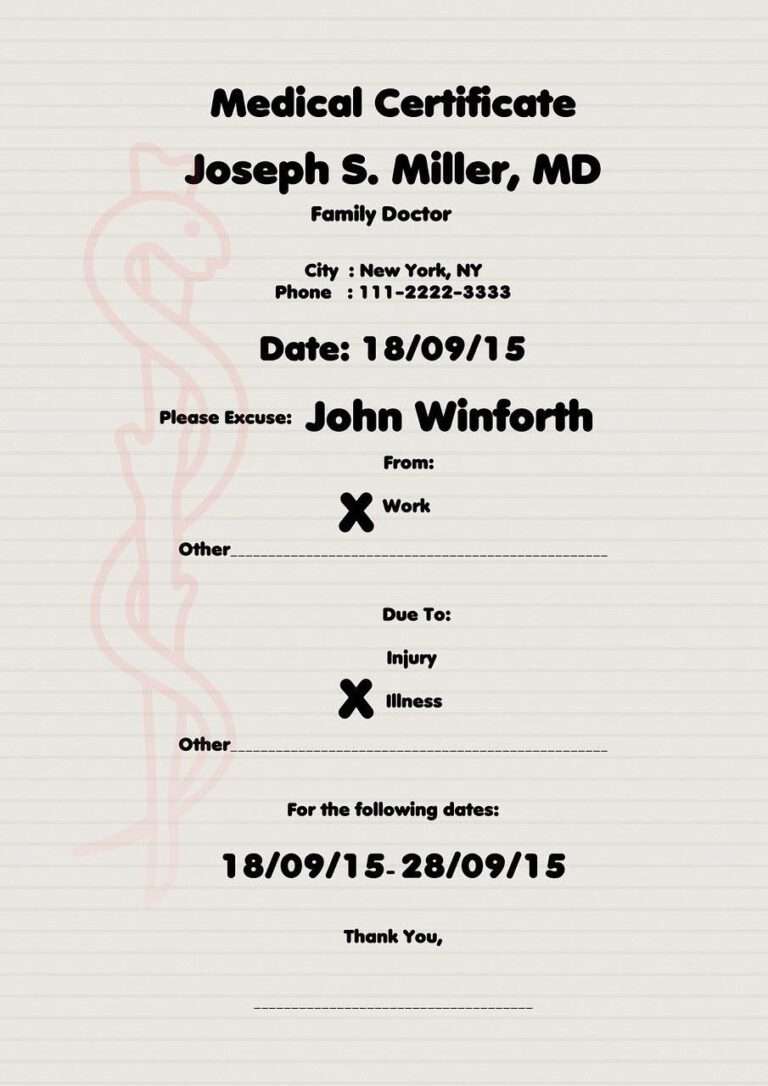Have you received a notice of termination from your employer and are perhaps already taking a claim for protection against dismissal before the relevant labor court? Many affected employees then quickly ask themselves whether and to what extent they are entitled to severance pay. But what exactly is behind it? When and how much is it paid and is there even a right to it?
The following article explains the essential basics surrounding the topic of severance pay. If in doubt, it can quickly be worth going to a labor law specialist.
1. WHAT IS COMPENSATION?
A severance payment is a one-off payment from the employer to the employee. It represents a type of compensation for the employee because he loses his job and therefore no longer receives wages.
2. WHEN DOES THE EMPLOYER HAVE TO PAY severance pay?
Basically there is no legal right to payment of severance pay. In certain cases, terminated employees are still entitled to severance pay, for example:
– The employment or collective agreement provides for severance pay
- It is one social plan-Severance payment provided
– A redundancy notice was given for operational reasons
– The employee resigns due to the employer’s behavior in breach of contract
– Contractual agreement that the employee and employer voluntarily agreed upon upon termination of the employment relationship (e.g. termination agreement).
3. WILL I RECEIVE COMPENSATION IN CASE OF TERMINATION FOR OPERATIONAL TERMS?
If the employer terminates the contract for operational reasons, the employee is entitled to severance pay under the following conditions (§ 1a KschG):
a. Applicability of the Dismissal Protection Act (KSchG)
The employment relationship must have existed for six months and the company must have more than ten employees working full-time (Section 23 Para. 1 KSchG). This type of severance payment is therefore not available for smaller companies.
b. Termination for operational reasons
The termination must have a business reason. This could be due to economic difficulties, necessary restructuring or other operational reasons.
If the employer terminates the employee because of this Behavior, for example because of a gross insult to his boss, there is save statutory severance pay.
c. Offer of money in exchange for waiver of action
In the letter of termination, the employer can offer to pay severance pay if the employee does not file a dismissal protection claim with the labor court, (§ 1a KSchG).
If the employee would like to accept the severance payment offered, he or she may not file a dismissal protection claim in this case.
4. WILL I RECEIVE A COMPENSATION IN THE TERMINATION PROTECTION PROCESS?
For employers, there is a risk in the event of termination (regardless of the reason for termination) that the employee will not accept it and file a lawsuit against it. The labor court then checks whether the employer was even allowed to terminate the contract. If the court declares the termination to be invalid, the employment relationship will not be terminated and the employee can return to work. In this case, of course, there will be no severance payment.
A dismissal protection lawsuit is therefore no guarantee for the right to a severance payment.
If the employer loses the case, the financial risk for the employer is high, especially if the proceedings before the labor court drag on. The employer then has to pay back wages even though the employee has not worked since the end of the notice period until the labor court's decision.
In order to reduce the risk of defeat in court and the associated high costs, employers offer severance pay during legal proceedings. Such a comparison creates legal and planning security for the employer.
5. WILL I RECEIVE COMPENSATION IF I CANCEL A CONTRACT?
Some employers want to eliminate the risk of a lawsuit by concluding a termination agreement with the employee instead of giving notice of termination. In addition to various other regulations, it regulates the amount of the severance payment linked to the waiver of legal action. However, if the employee and employer agree on a termination agreement, the employment office can block unemployment benefits for three months. A termination agreement should not be signed without first consulting a lawyer who specializes in labor law.
6. HOW MUCH IS MY COMPENSATION?
In principle, the amount of the severance payment is purely a matter of negotiation. There are no legal requirements for this - but there are certain calculation aids/scales that have become established. It is usual to pay half to a full gross monthly salary per year of employment. How much you ultimately receive always depends on the individual case. The chances of litigation are very important: If the termination is most likely ineffective, the severance payment will usually be higher. Conversely, the severance payment is usually low if the employer has a very good chance of winning the termination in court.
The basis of the calculation is the earnings in the last month of work. Regular allowances such as bonuses, holiday pay or the company car are included in the calculation. When calculating the amount of severance pay, the following aspects must also be taken into account: length of employment, industry, negotiating skills of the employee or lawyer, position of the employee in the company (how easy is it to fill the position?), possible misconduct by the employee, opportunities for the employee, finding a job again, general conditions of the new workplace, etc.
7. SPECIAL CASE: APPLICATION FOR DISSOLUTION
If a court finds that the termination is not permissible and continued employment is unreasonable, the court must say § 9 KSchG at the employee's request (so-called termination application), terminate the employment relationship and order the employer to pay an appropriate severance payment.
The amount of the severance payment is loud § 10 KSchG The age of the employee and the length of service are decisive:
From 50 years of age & at least 15 years of service: up to 15 monthly salaries
From 55 years of age & at least 20 years of service: up to 18 monthly salaries
8. SHOULD A SEVERANCE PAYMENT BE TAXED?
Yes, severance payments are treated and taxed by the tax authorities as normal wage payments. However, employees can use the fifth rule and thereby reduce the tax burden. However, details should always be clarified with a tax advisor before concluding an agreement.
9. DOES COMPENSATION DURING TERMINATION HAVE CONSEQUENCES FOR UNEMPLOYMENT BENEFITS?
Despite severance pay, employees are fully entitled to unemployment benefit (ALG I). In principle, the severance payment is not offset against social benefits. The only exception: the employee leaves early. This is the case if the relevant regular notice period was not observed upon termination. The entitlement to unemployment benefit is then suspended until the notice period has expired.
10. WHAT SOCIAL CONTRIBUTIONS ARE CHARGED?
Severance payments are non-contributory if, upon termination of an employment relationship, they are considered compensation for the fact that the employee will no longer be able to earn money in the future because he has lost his job. The employee therefore does not have to pay contributions to pension, health, nursing care or unemployment insurance.








